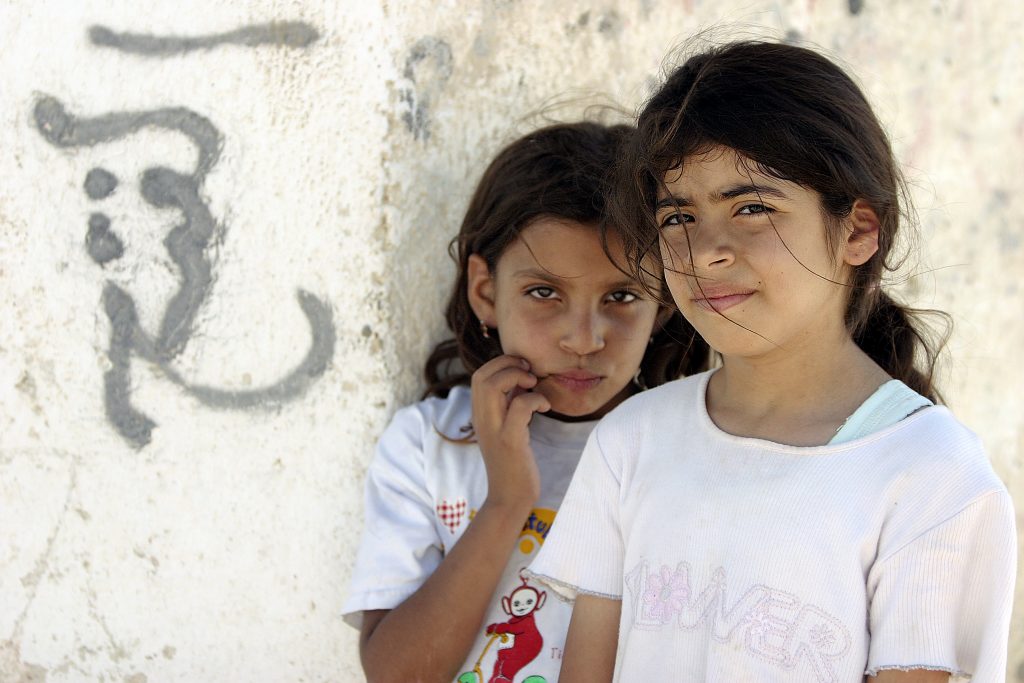FRESH AIR
Palestinians’ desperate, undiplomatic response to Bishop
July 12, 2018 | Naomi Levin

The official Palestinian response to the Australian Government’s decision to redirect $10 million in foreign aid to the Palestinians has been undiplomatic, to say the least.
In the past two weeks, senior Palestinian figures have accused Australia – among other things – of abandoning a two-state solution, of breaching international law, of “anti-Palestine rhetoric” and of acting in a cruel manner. While Nabil Sha’ath, an adviser to Palestinian Authority (PA) President Mahmoud Abbas, stole the headlines after calling Australians “servants of the US” who are “worthy of being spat on”, he was not alone in his criticism.
The Palestinian reaction has been spiteful, although perhaps not surprising from a governing regime that appears increasingly determined to drag itself into irrelevance.
On July 2, Australian Foreign Minister Julie Bishop announced that Australia would redirect $10 million destined for the PA’s budget. This aid would instead go to the United Nations to provide basic humanitarian services for Palestinian people. While Bishop said she was confident Australian funding to the PA had previously been used appropriately, it seemed she did not receive the required assurances that the Palestinians would not use Australian funds to pay stipends to prisoners who have committed violent terrorist acts against Israel, and the families of those who were killed doing so.
First out of the blocks was the head of delegation for the PA in Australia Izzat Abdulhadi.
The day after Bishop’s announcement, Abdulhadi released a statement saying “Minister Bishop’s decision is not evidence-based, but rather a result of empty claims and speculation.”
In actual fact, the decision was evidence-based.
A month earlier, Bishop had requested evidence from the Palestinians that Australian money wasn’t paying Palestinian prisoners and their families.
Bishop has not publicly stated whether a response was received. However, it is a safe guess that, given her subsequent announcement, if she received a reply at all it was likely unsatisfactory.
As the Palestinian representative in Australia, Abdulhadi could have encouraged his paymasters in the West Bank to give Bishop the assurances she required. Clearly, he was unwilling or unable to do so.
The recipient of Bishop’s request, PA Foreign Minister Riad Malki, was clearly keeping abreast of developments in Australia, issuing his own English-language statement.
Malki noted, “The current Australian Government’s announcement does not intimidate the Palestinian Government”, which is unsurprising given intimidation was unlikely Bishop’s motivation.
The PA Foreign Minister went on a bizarre rant where he accused the Australian Government of investing “in the war agenda of the current Israeli Government”, of acting outside international law and of engaging in “double talk” because – according to him – Australia purchases defence equipment in Israel but won’t provide money to pay Palestinian prisoners. It was an extraordinary tirade from the chief diplomat of a people so desperate for acceptance on the world stage.
Going further still, a few days later, Saeb Erekat, Secretary General of the Palestine Liberation Organisation (PLO), accused the Australian Government of backing away from a two-state peace.
Support for a two-state peace has been the cornerstone of Middle East policy for both the Australian Labor Party and Liberal-National parties for generations. It is disingenuous for Erekat to write, “We hope that the Australian Government will reconsider its position and support the two-state solution”, when this is the starting point for every policy decision taken by Australia with respect to the region.
Finally, polemicist Hanan Ashrawi, a PLO executive member, responded to Bishop’s decision by defending the Palestinians ‘pay to slay’ program.
In a statement she released, Ashrawi accused Australia of ignoring both Israel’s “war crimes” and the Geneva Conventions. In her statement, Ashrawi tried to argue that under the Geneva Conventions, the PA was obliged to provide financial support to the families of Palestinian prisoners.
This is not correct. First, Israel does not agree with the Palestinian leadership that the Fourth Geneva Conventions, to which Ashrawi refers, are applicable in the context of the West Bank. Second, even if they were, there are various provisions in the Geneva Conventions that outline the need for families and children to be protected during a time of war, but this can take the form of the provision of humanitarian assistance, access to schooling etc. Should these needs arise, Australia will continue to assist those who are vulnerable through Australia’s ongoing commitment to the UN in the region, without rewarding those who attack Israel.
The undiplomatic and unnecessarily provocative responses from senior Palestinian leadership show a failure to understand a growing concern about aid expenditure in the Palestinian territories and represent a sense of entitlement, which is increasingly alienating to all reasonable-minded people.
Tags: Australasia, Australia, Fatah, Palestinians, United Nations
RELATED ARTICLES

‘Optimism’ for Hamas to ‘exile’ their power and create a permanent ceasefire with Israel: Joel Burnie on Sky News

Australian government’s response to Iran-Israel conflict ‘disappointing’: Paul Rubenstein on Sky News

UNRWA feeds the ‘Palestinian delusion’ of no Jewish state: Dr Einat Wilf on Sky News




















